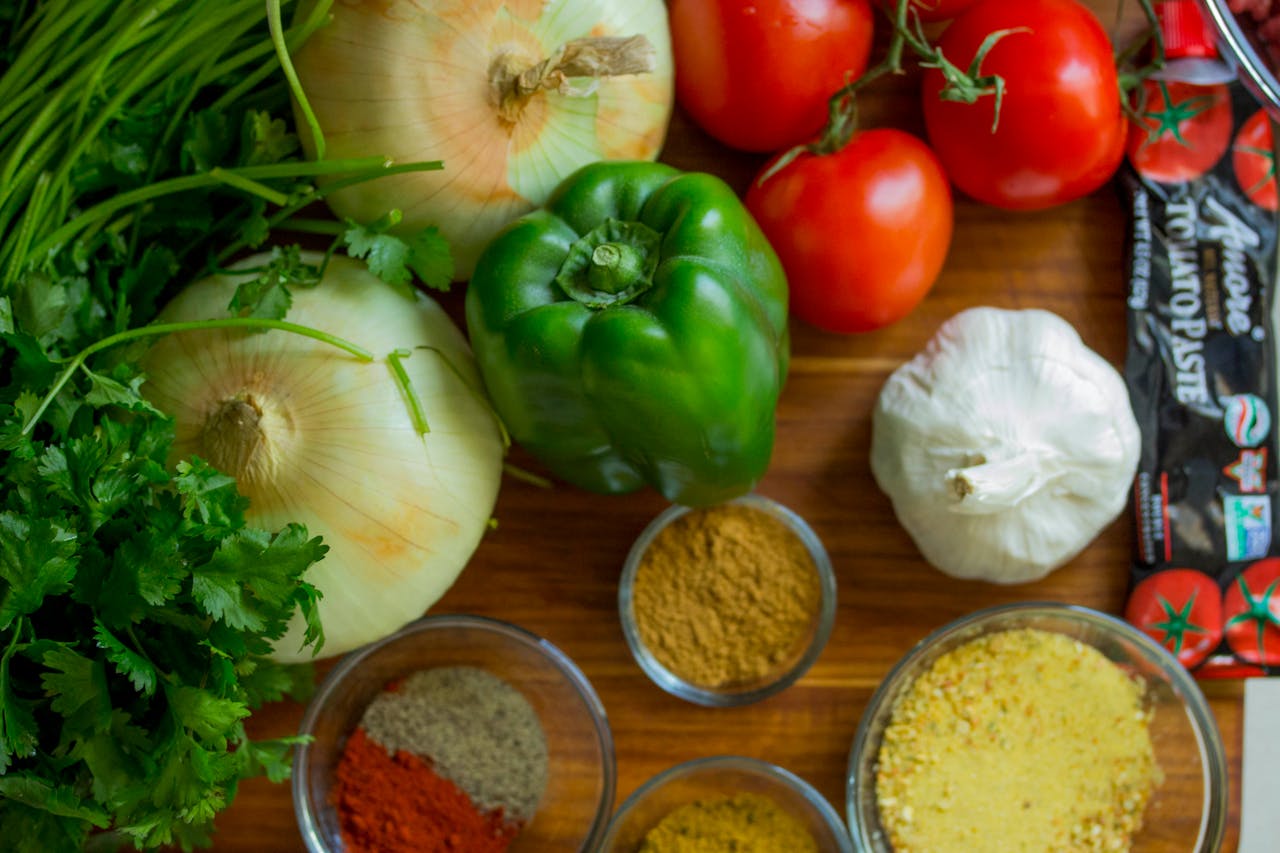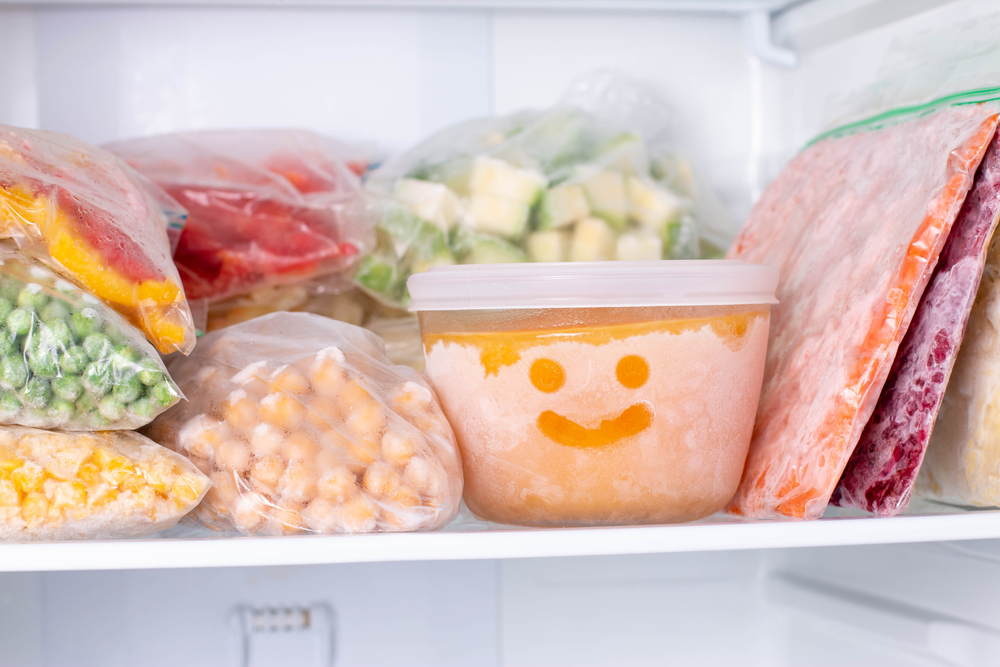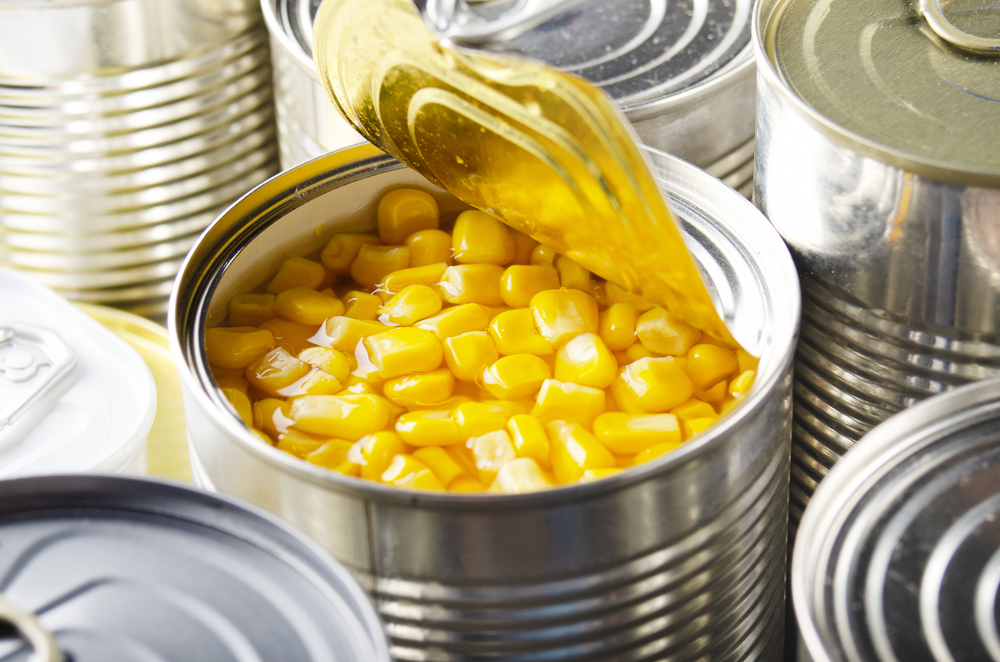Eating more vegetables is one of the best things you can do for your health. But fresh produce isn’t always affordable, convenient, or easy to prep. So what about canned or frozen options? Are they just as good?
The short answer: Yes, they can be. Each form of vegetables, fresh, canned, and frozen, has its pros and cons. The key is knowing what to look for.
Fresh Vegetables
Fresh vegetables are great when they are in season, local, and picked recently. They are often highest in certain vitamins like vitamin C when eaten soon after harvest.
Pros:
- Great taste and texture
- Often highest in vitamin C if eaten quickly
- No added ingredients
Things to watch for:
- Can spoil quickly
- Sometimes more expensive
- Nutrients can decline during long transport or storage
📌 Tip: If buying fresh, use them within a few days or prep ahead (like washing and chopping) so they’re ready when you need them. Read 5 Tips to Maximize the Shelf Life of Your Produce to learn more.

Frozen Vegetables
Frozen veggies are usually picked at peak ripeness and frozen within hours, which helps lock in nutrients. They are a great option for convenience and affordability.
Pros:
- Just as nutritious as fresh
- Long shelf life
- No washing or chopping needed
- Usually no added salt or preservatives
Things to watch for:
- Some frozen mixes include sauces high in sodium or fat
- Slightly softer texture after cooking
📌 Tip: Choose plain frozen vegetables with no added sauces or seasonings. Keep a few bags in your freezer for quick meals.

Canned Vegetables
Canned vegetables are shelf-stable, affordable, and easy to use. But they often contain added salt or sugar unless you check the label.
Pros:
- Inexpensive and easy to store
- Long shelf life
- Great for emergency meals or low-prep days
Things to watch for:
- Often high in sodium
- Slightly lower in some vitamins (like vitamin C)
📌 Tip: Look for labels that say “low sodium,” “no salt added,” or “no sugar added.” You can also drain and rinse canned vegetables under water to remove up to 40 percent of the sodium.

Bottom Line
The best vegetables are the ones you will actually eat and all three forms can be healthy. Mix and match based on your needs. Frozen and canned vegetables are not “less than” fresh. They are real vegetables with real benefits.
Eat colorfully. Eat conveniently. Eat consistently❤️🥗



